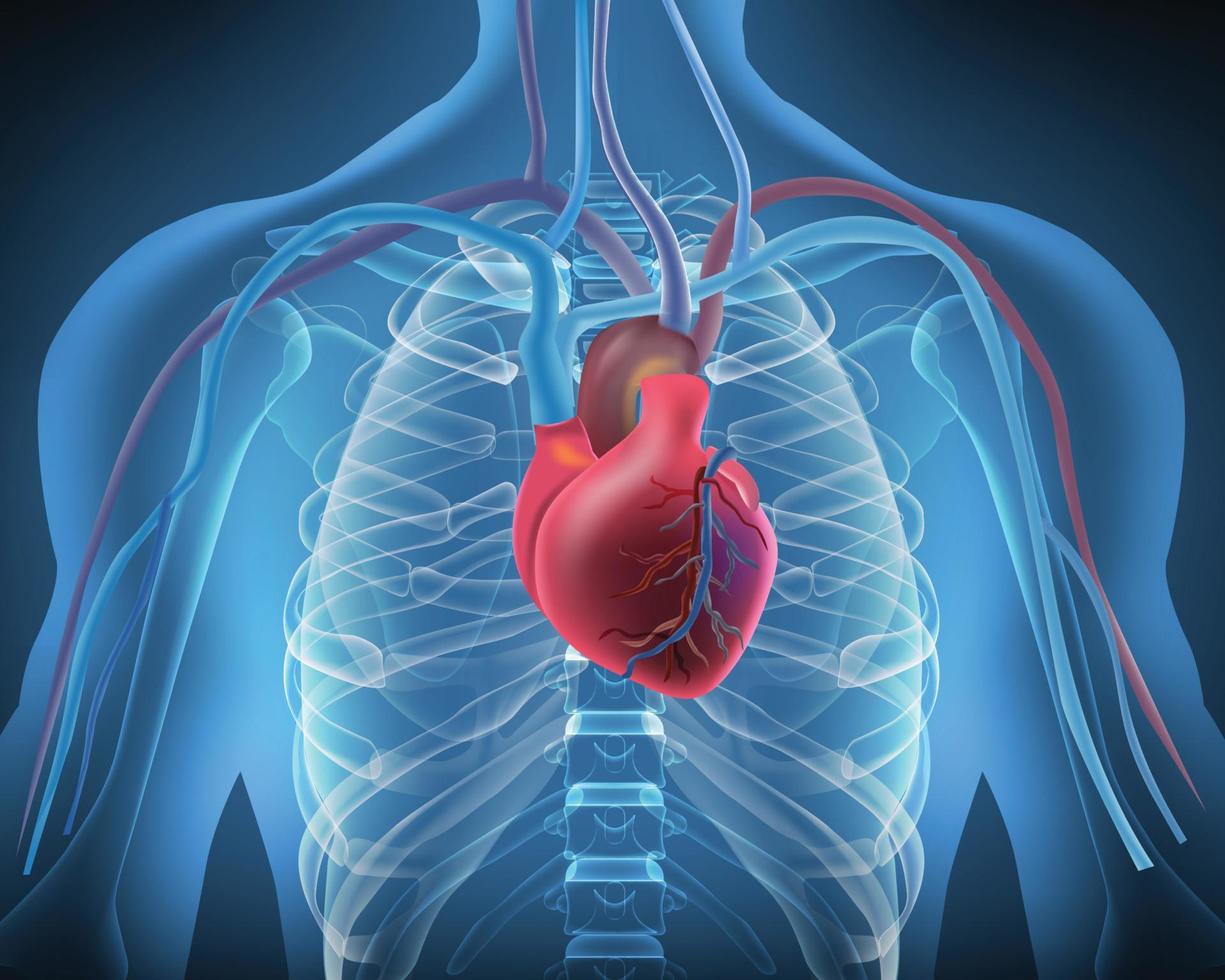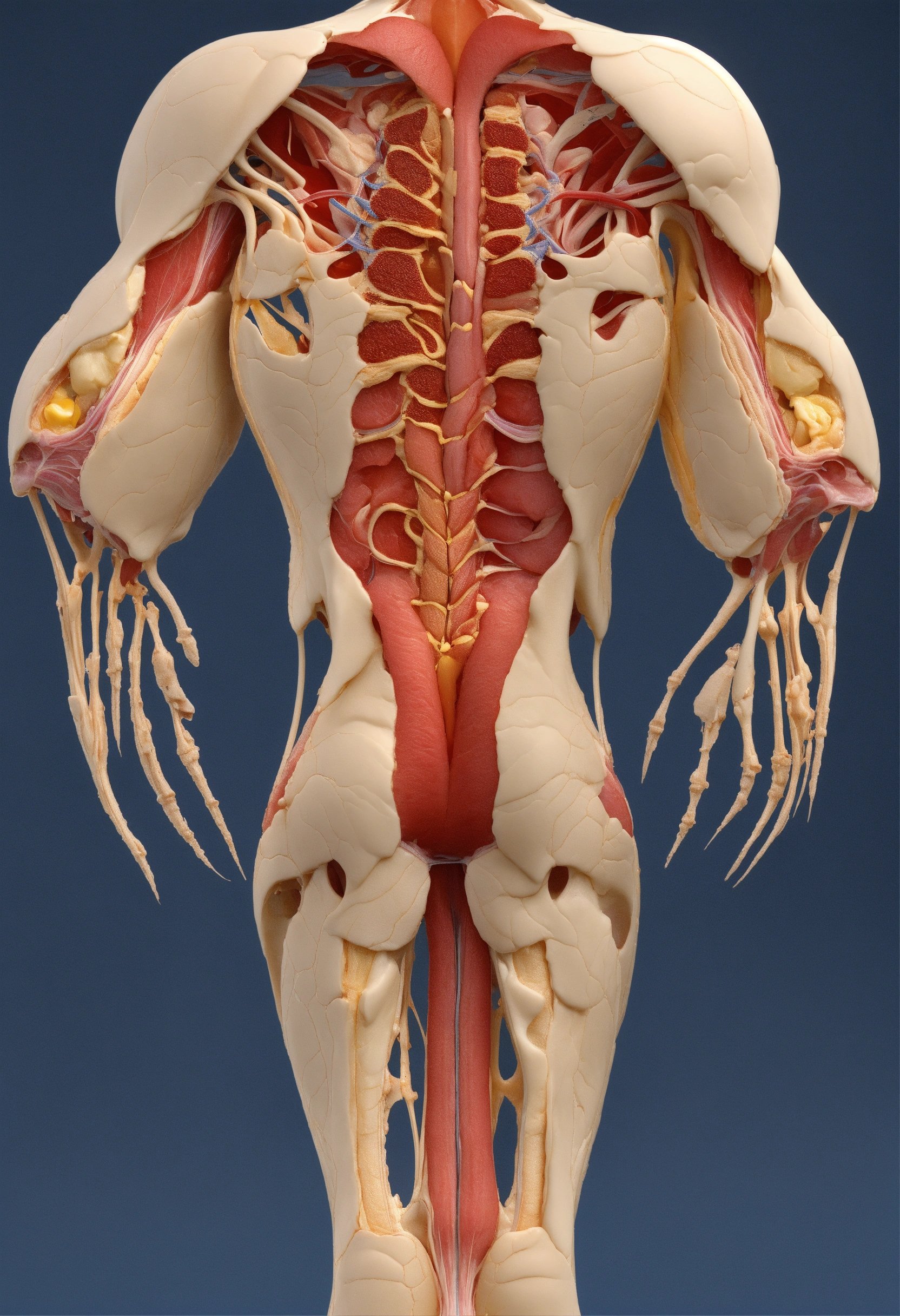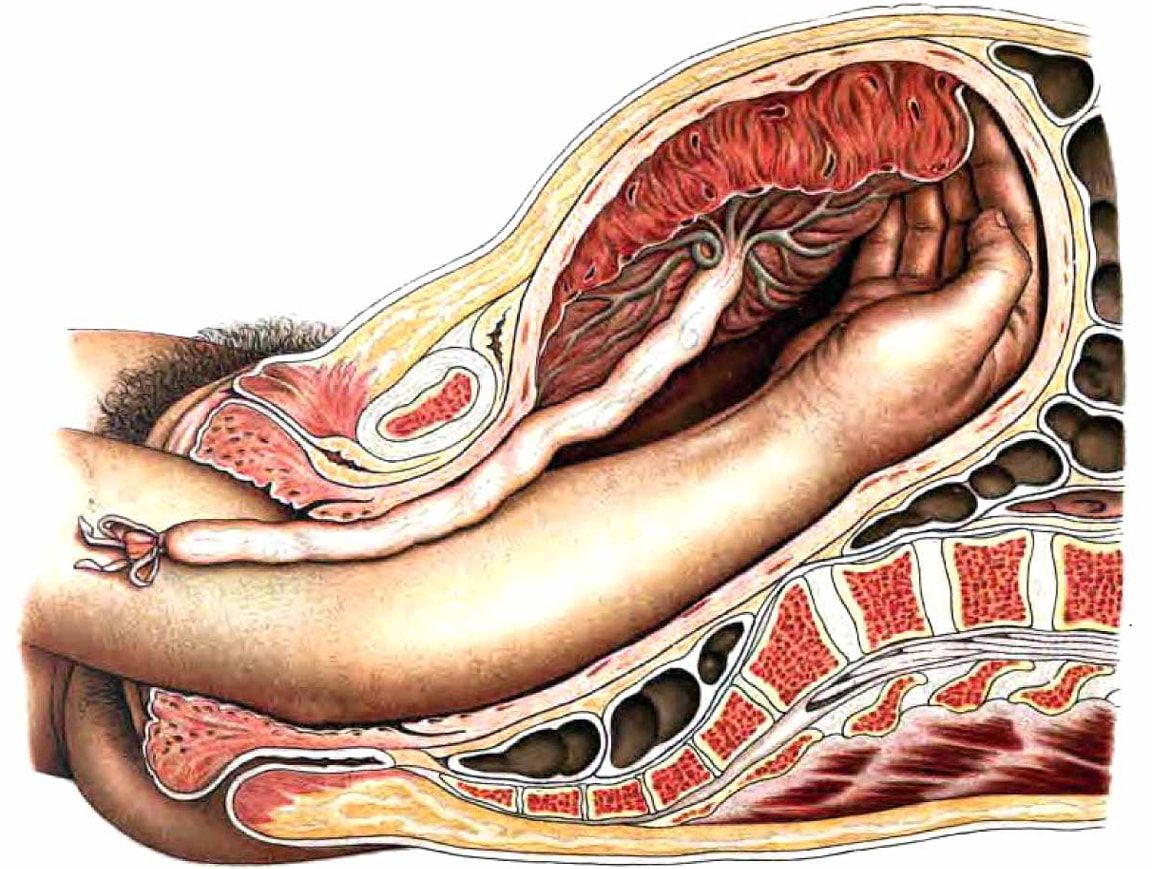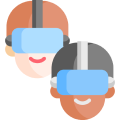- Develop proficiency in assessing pain through various tools and techniques, including patient self-report, observation, and validated pain scales.
- Learn to formulate individualized pain management plans, considering patient preferences, cultural factors, and the nature of the pain.
- Acquire knowledge and skills in administering pharmacological interventions for pain relief, including analgesics and adjuvant medications.
- Develop accurate and thorough documentation skills related to pain assessments, interventions, and patient responses.
- Recognize and manage potential adverse effects of pain management interventions, ensuring patient safety.
imaginX is used by many amazing schools and universities
University / College

























